Before the buzz of push notifications and the constant glow of screens, freedom looked a lot different. It wasn’t about battery life or Wi-Fi signals—it was about leaving the house with nothing but your house key and some change in your pocket. Whether it was a long walk with no way to be reached or a spontaneous road trip guided only by a paper map, we found freedom in real, tangible ways. These moments weren’t about being constantly connected—they were about disconnecting, and they made us feel truly alive. Here are 12 things that used to define freedom long before smartphones changed the rules.
1. Taking Off in the Car with Just a Map
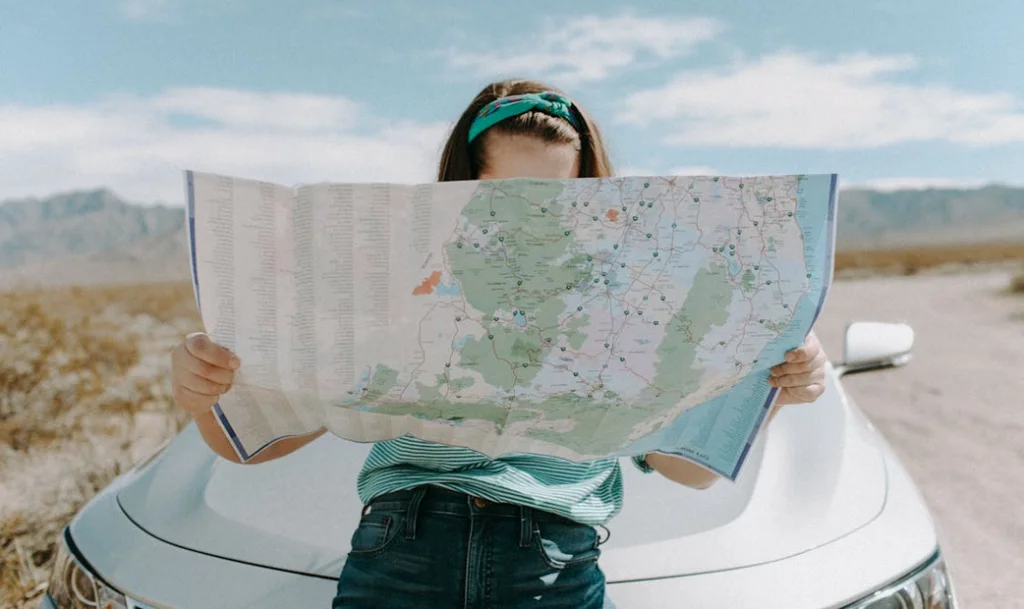
Back when you had to unfold your way to adventure, hitting the road with a glove compartment atlas meant real independence. There was no GPS to reroute you, no voice telling you to “turn left in 300 feet.” You guessed, you asked, and you sometimes got lost—and that was part of the thrill. Indeed, The Week considers the nostalgia from this particular experience to be positively priceless, especially as a family.
The world felt wide open, and each mile was yours to discover. No one could track where you were or how fast you were going. You just went.
2. Being Unreachable at the Mall
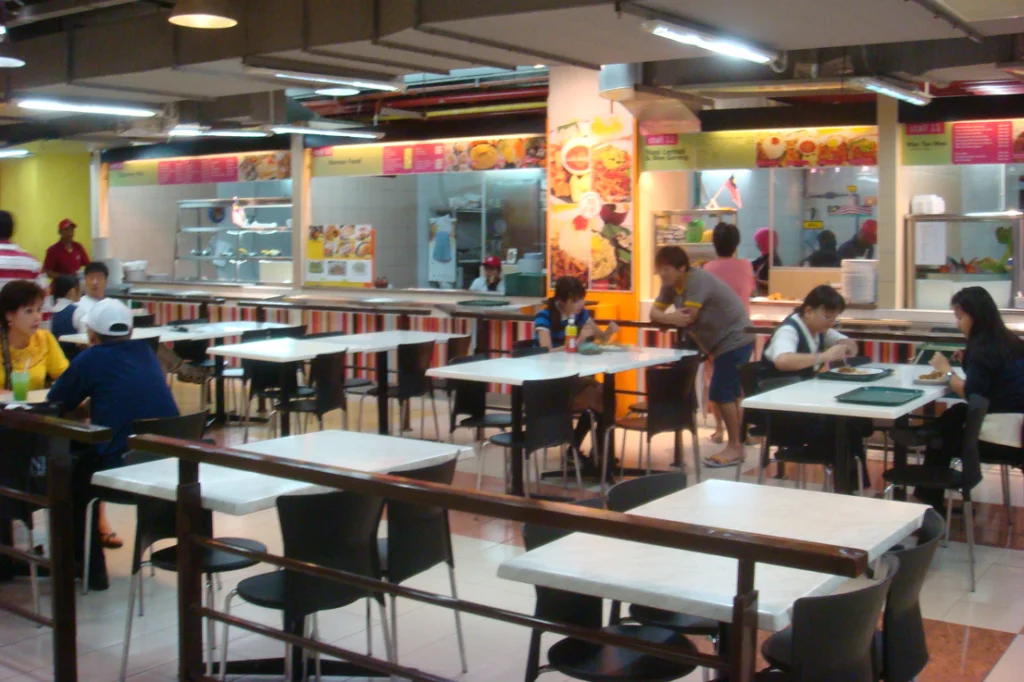
A trip to the mall with friends was a rite of passage—and no one’s mom was texting every 10 minutes. Once you were dropped off, it was you, your friends, and a food court pretzel. You explored stores, people-watched, maybe called home from a payphone if you needed to. WKMI gives special shoutout to a handful of specific food courts that hold maximum nostalgia power.
It felt like a bubble of independence, where no one was checking your location or reading your posts. Just you and the soft glow of neon signs.
3. Running Around Until the Streetlights Came On
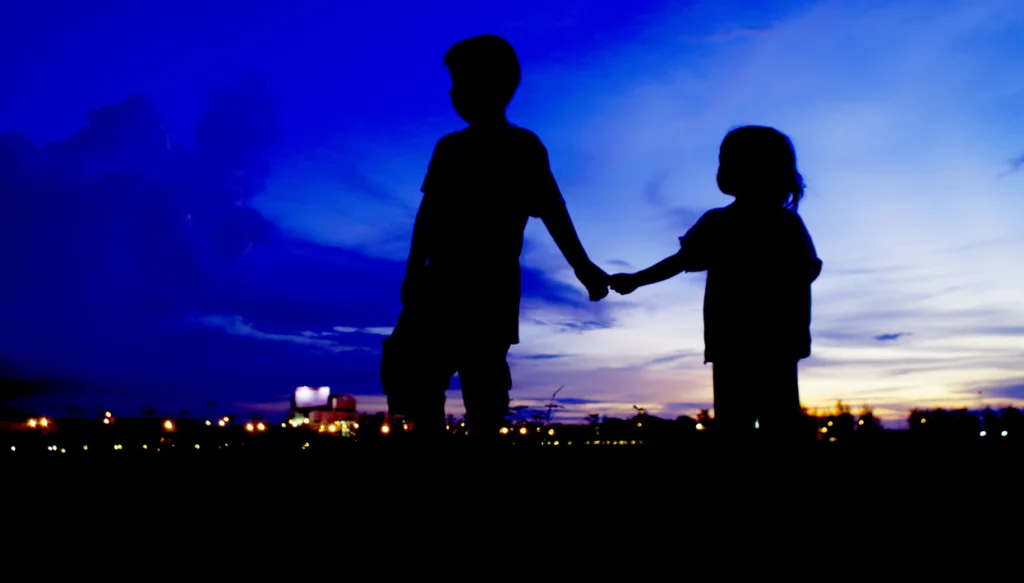
Summer evenings were filled with the freedom of unsupervised play. Bikes, basketballs, and backyard hide-and-seek ruled the neighborhood. The only curfew was the fading sunlight or your mom’s voice calling down the block. Let Grow mentions the benchmark of making it at least to five hours of continuous outdoorplay for children.
No one was tracking your steps or checking your Snap streaks—you were just out, soaking up every minute of the evening. It felt like the world was yours, one sidewalk at a time.
4. Going to the Library and Getting Lost in a Book
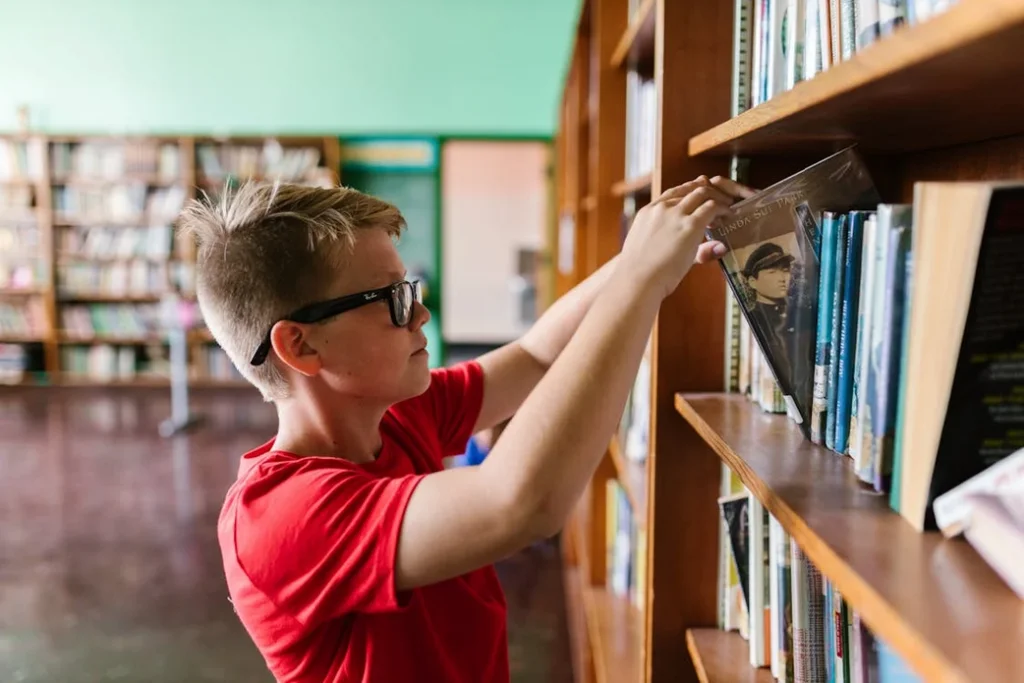
The library was a quiet escape, a place where you could spend hours and no one expected a status update. You wandered the aisles, let curiosity lead the way, and left with a stack of paperbacks under your arm.
Nobody texted to interrupt your reading, and if someone did need you, they’d just have to wait. That hush of the library? That was freedom.
5. Writing Letters—and Waiting for One Back
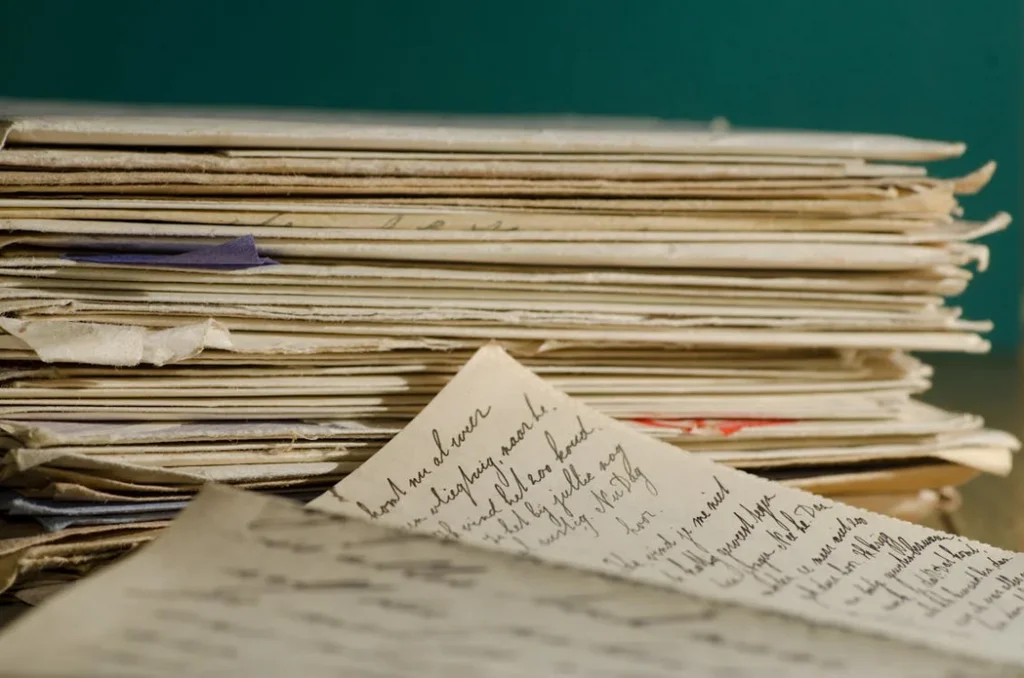
Before texting, real communication took time. You picked out stationery, wrote your thoughts in ink, and maybe added a sticker or two. Then you dropped it in the mailbox and waited, not minutes, but days or weeks, for a reply.
That slowness was its own kind of luxury. You weren’t expected to respond instantly—and that felt liberating.
6. Camping in the Middle of Nowhere with Zero Reception
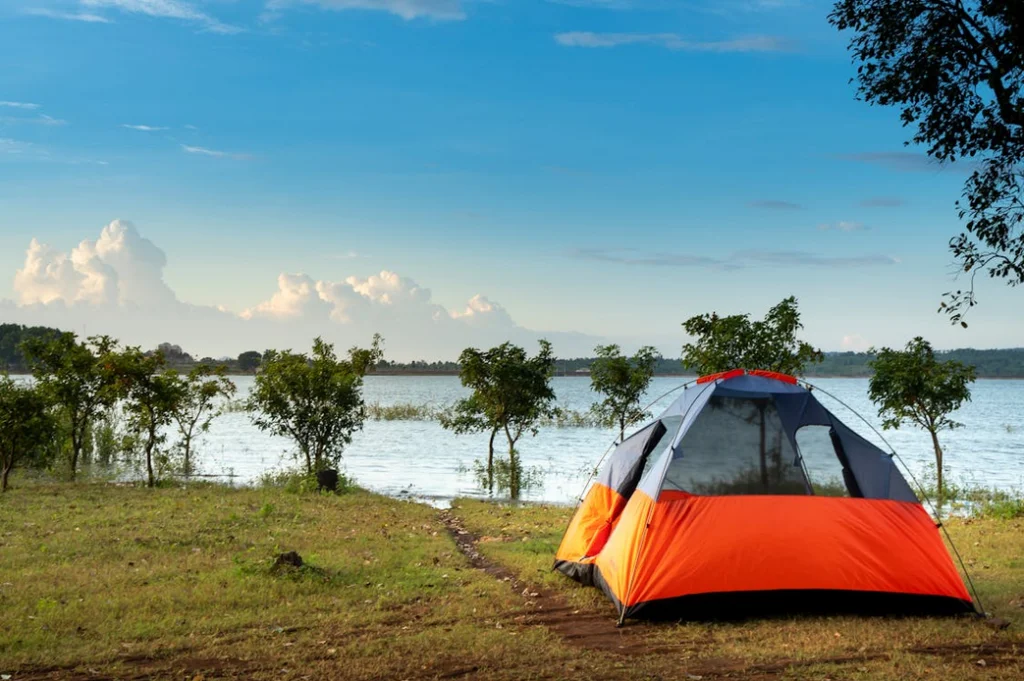
Going off-grid wasn’t a trendy retreat—it was just how it was. You packed flashlights, marshmallows, and maybe a transistor radio, but definitely not a charger. No bars, no notifications, just stars above and a crackling fire.
You couldn’t scroll even if you wanted to—and you didn’t. Freedom was in the silence.
7. Traveling Without Posting a Single Photo
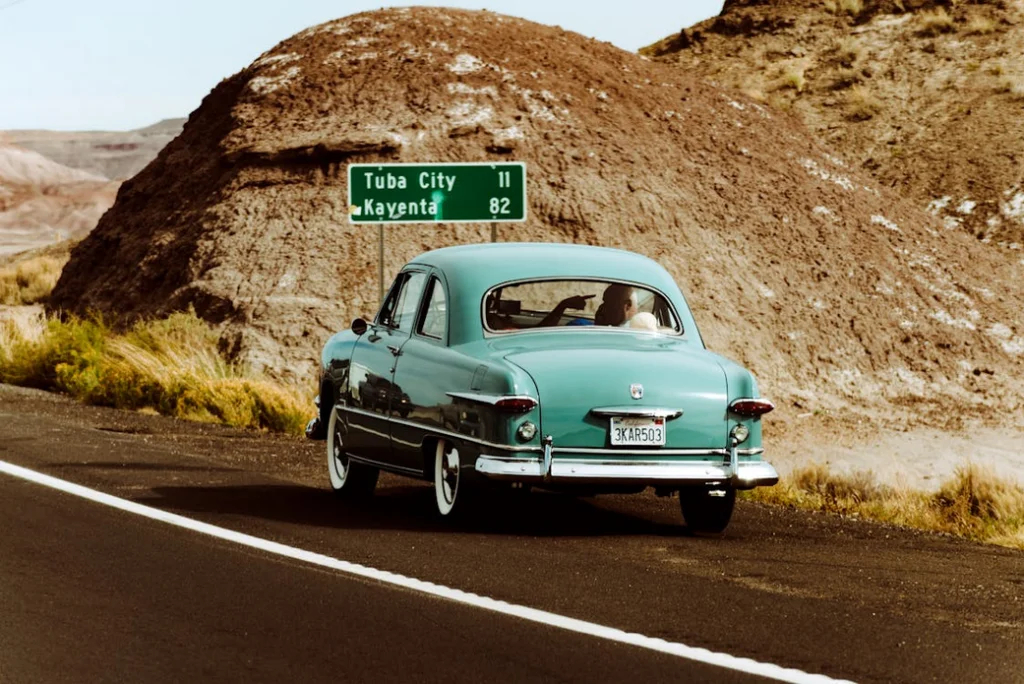
You took pictures for the memories, not the likes. Maybe you brought along a disposable camera or a Kodak with actual film. You had to wait to see how they turned out—and that was half the fun.
No one knew where you were every second, and that mystery felt good. Travel was about experience, not broadcast.
8. Making a Mix Tape
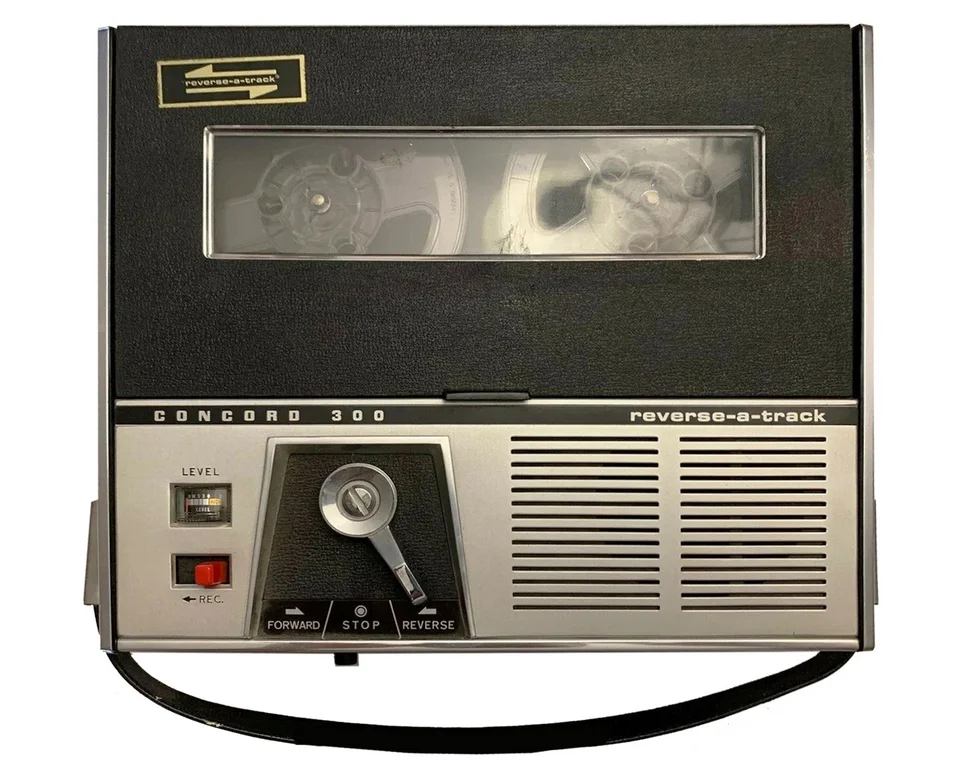
Curating the perfect cassette for a friend—or a crush—was an act of love and freedom. You had total control over the soundtrack and the message it sent. Pressing “record” felt important, like you were making something lasting.
It was music you chose, not some algorithm. And when someone made one for you? Pure magic.
9. Exploring the Woods or the Creek Behind the House
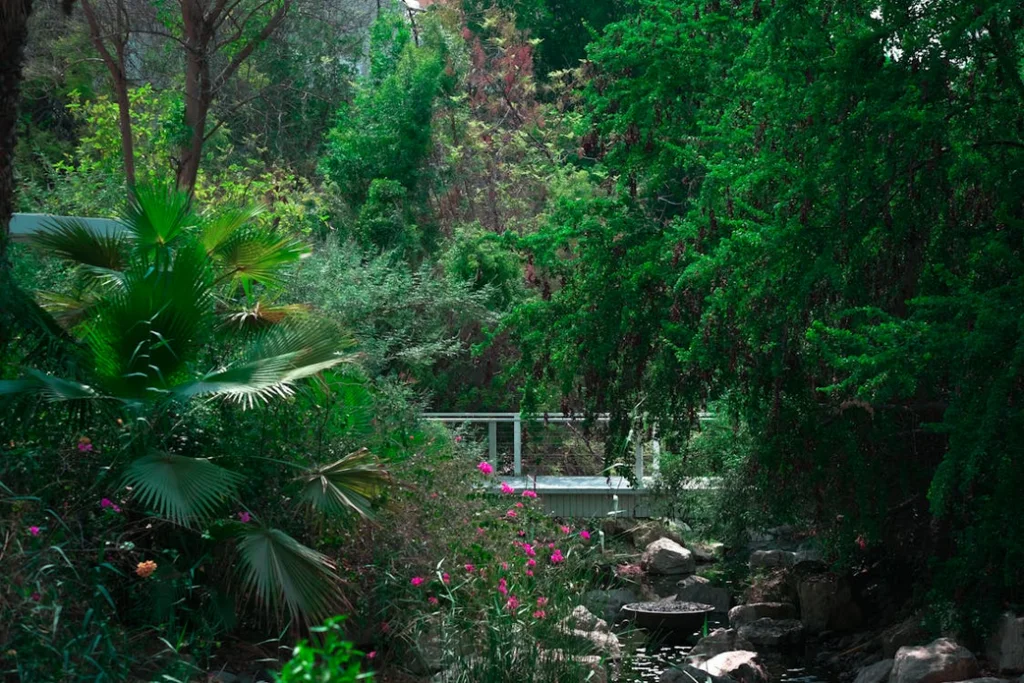
Before GPS and geotagging, exploration was just for you. That path in the woods? The fort in the brambles? They were yours and your buddies’, a secret world without coordinates.
No app could replicate that sense of ownership and wonder. You didn’t need to share it—you just lived it.
10. Getting Lost in a Record Store
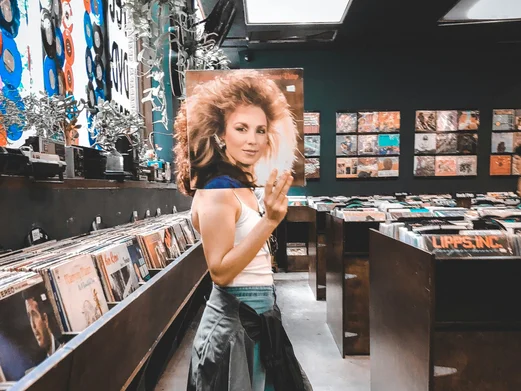
Record stores weren’t just shops—they were sanctuaries. You’d flip through rows of vinyl or cassettes, headphones on, no messages to answer. Time slipped away as you built your musical identity, one album at a time.
You weren’t curating a playlist for followers. You were discovering yourself through music, privately and at your own pace.
11. Having a Day with Zero Plans
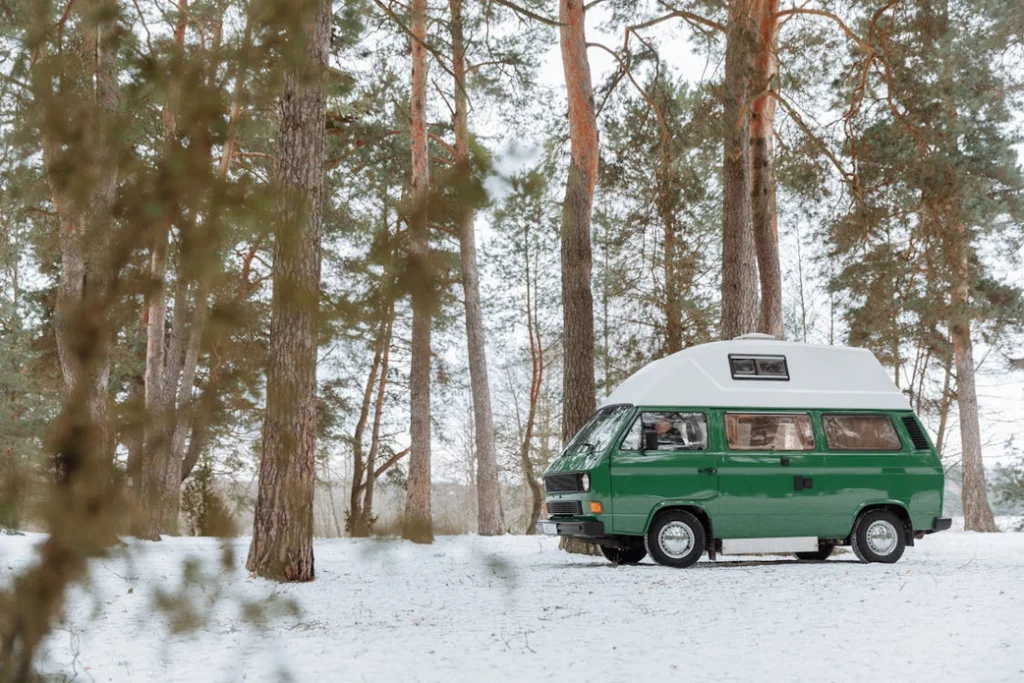
No calendar alerts, no meetings, no pressure to “make the most of it.” You woke up and saw where the day took you—maybe the park, maybe a book, maybe just staring at the clouds.
Not being “available” didn’t need explaining. Freedom meant doing nothing, and doing it completely.
12. Talking on the Porch Without Looking at a Screen
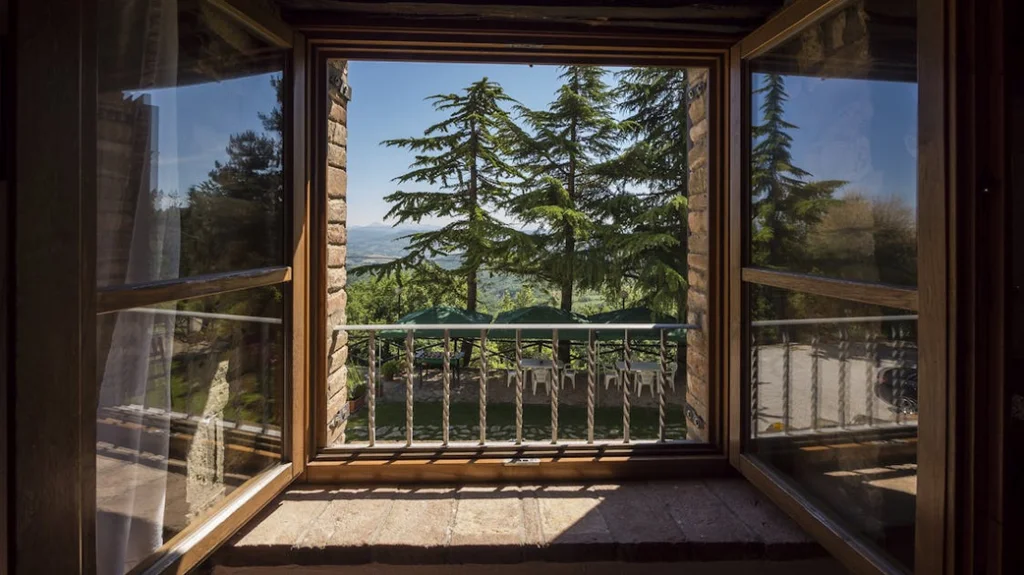
Evening porch chats with neighbors or family had no interruptions—just conversation and the occasional iced tea refill. You weren’t distracted, and no one pulled out a phone mid-sentence. You were present, fully there, soaking in the stories.
Those slow, quiet moments were real connection. And they were some of the freest moments of all.
These weren’t high-tech escapes or curated posts—they were lived, felt, and often unrecorded. In a time before smartphones, freedom didn’t buzz in your pocket. It lived in your limbs, your choices, and the wide open moments that no one else had to know about.


